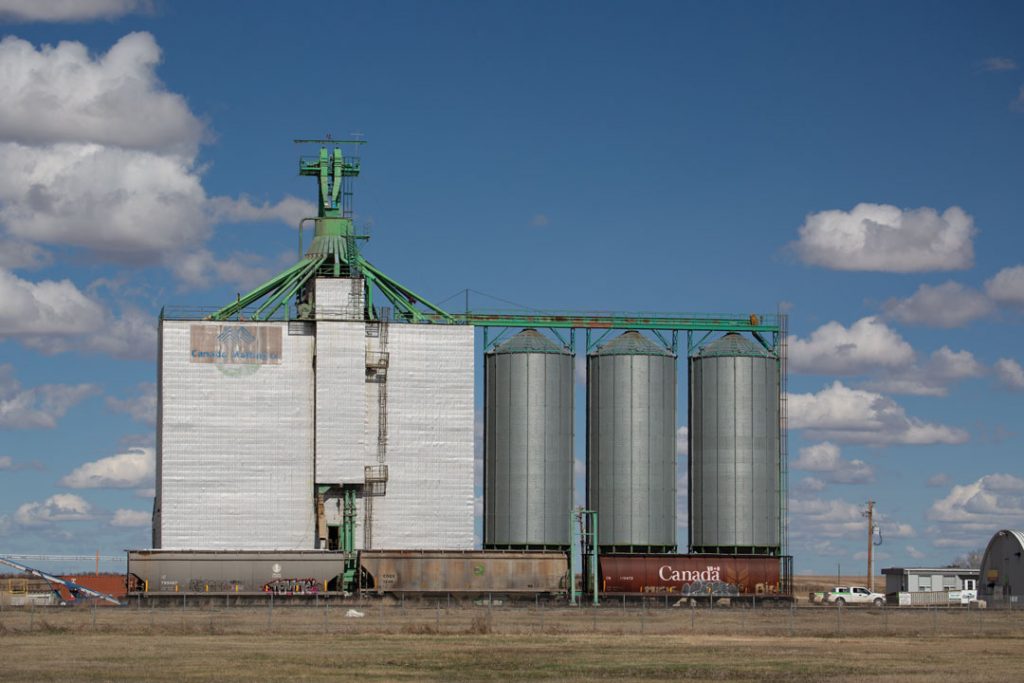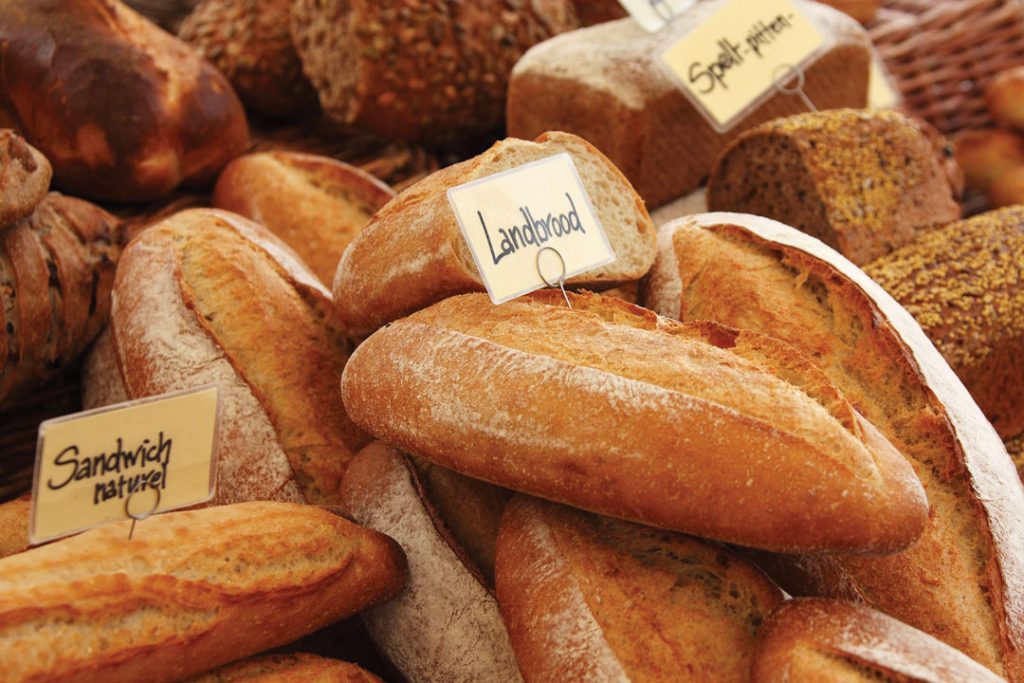MARKET SHIFT CAUSES UNREST
Like the ale versus lager taste debate, the decision to grow malt or feed barley has strong proponents on both sides. As barley farmers ponder their crop options for the coming year, the choice has been complicated by an unusual development: “intent to grow” contracts for malting barley priced below that of feed barley. This erosion of the price premium for malting barley may have implications for maltsters and farmers.










